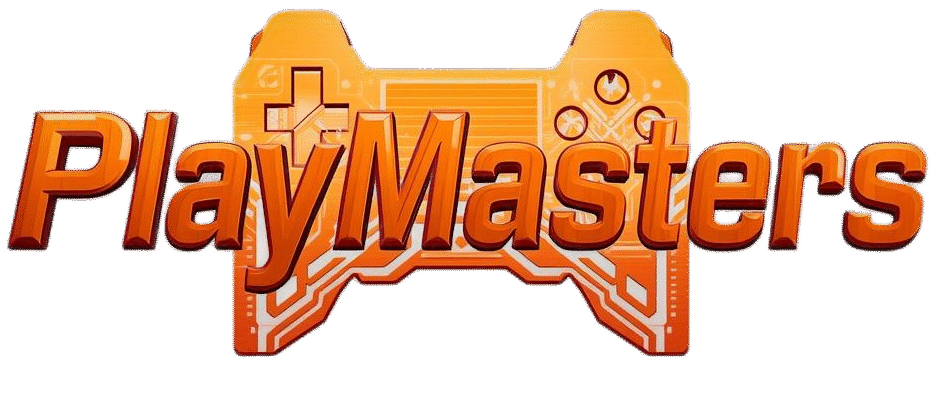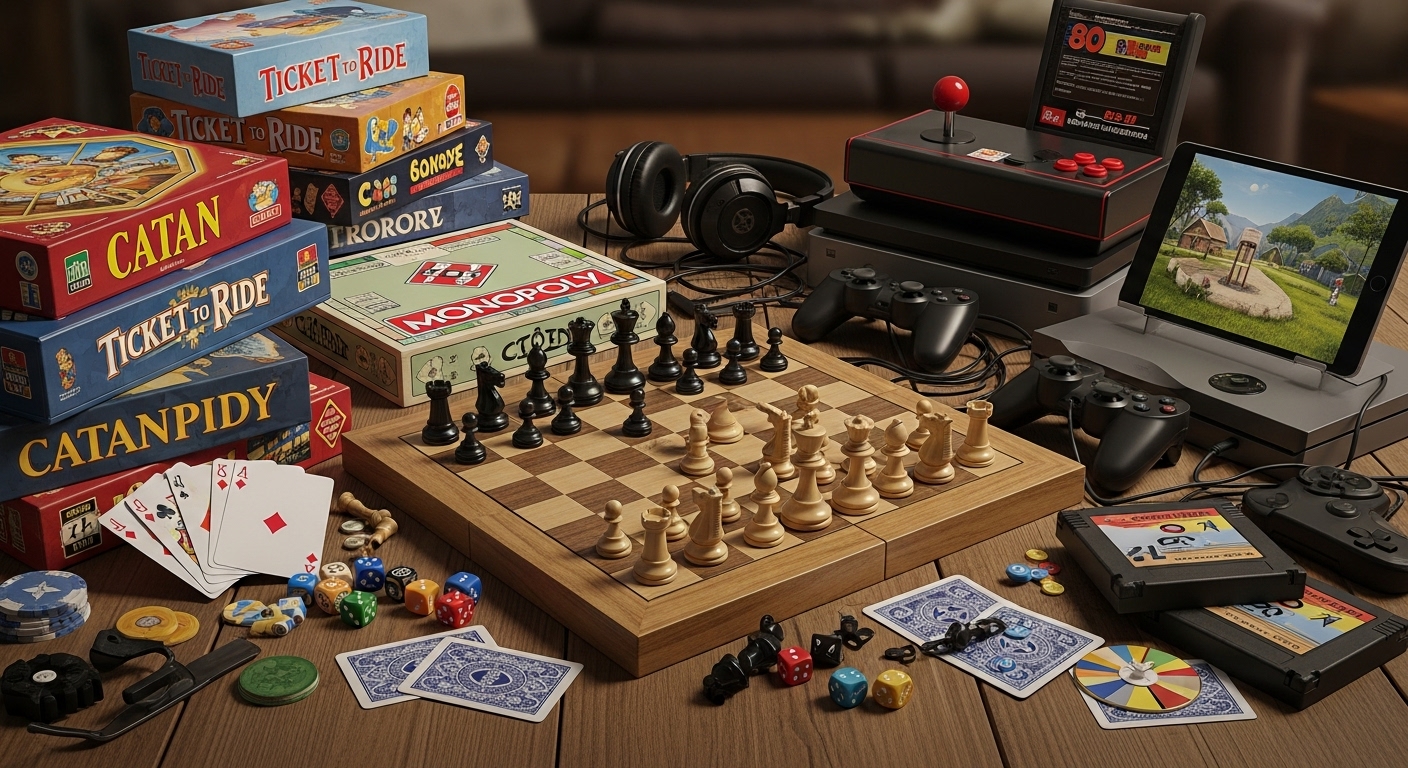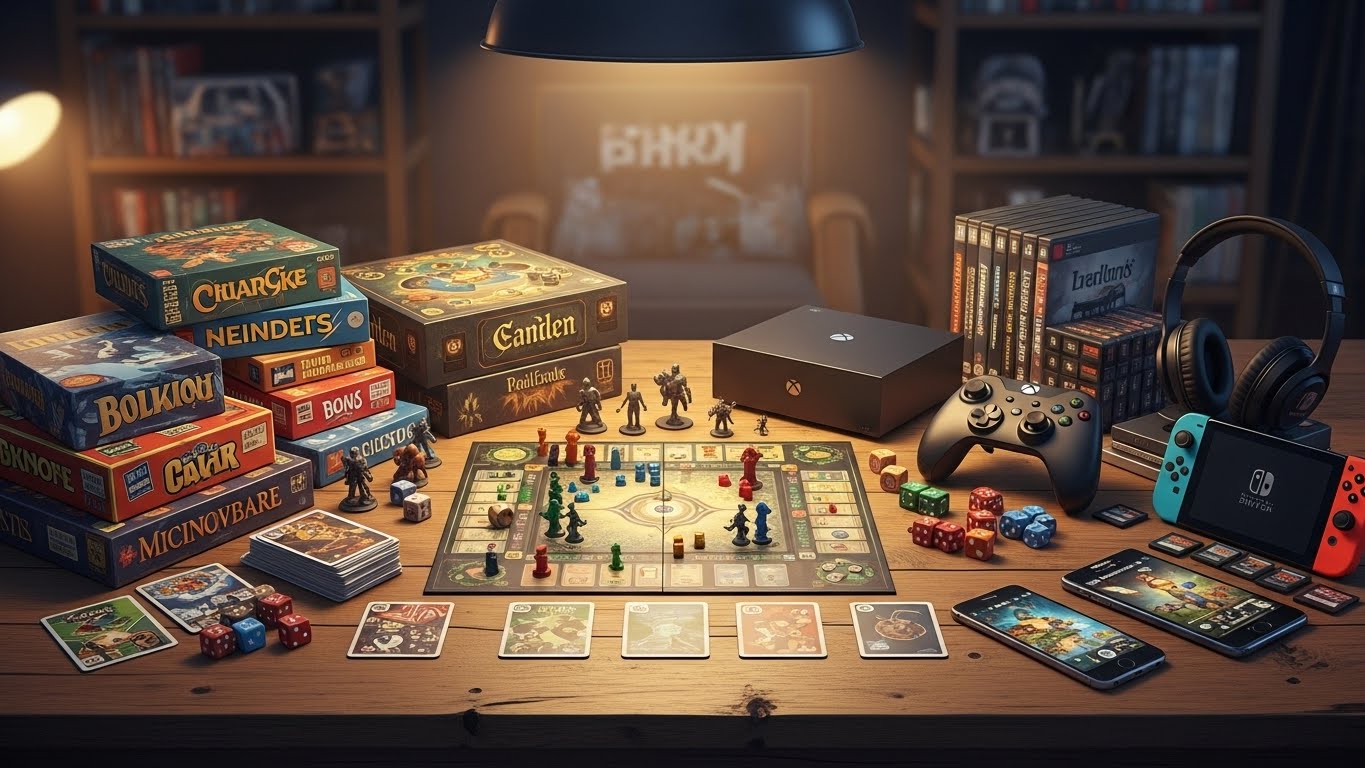Selecting your next game can sometimes feel overwhelming. With thousands of titles available across multiple platforms and genres, deciding which game deserves your time and attention is not always easy. Whether you’re a casual player or a dedicated gamer, this guide will help you navigate the options and find a game that matches your interests, play style, and gaming goals.
Understanding Your Gaming Preferences
Before diving into the vast world of games, it’s important to identify what you enjoy most about gaming. Do you prefer immersive stories, fast-paced action, strategic thinking, or social interaction? Knowing your preferences helps narrow down the genres and types of games that are most likely to engage you.
For instance, if you enjoy storytelling and rich characters, role-playing games and adventure titles might be your best bet. On the other hand, if you thrive on quick reflexes and competition, first-person shooters or battle royale games could suit you better. Consider how much time you want to invest, whether you prefer solo or multiplayer experiences, and what kind of challenges excite you.
Exploring Different Game Genres
Games come in many shapes and sizes, each offering unique experiences. Familiarizing yourself with popular genres can guide your search:
- Action games emphasize fast gameplay and reflexes.
- Role-playing games focus on character development and narratives.
- Strategy games challenge your planning and decision-making.
- Puzzle games test your problem-solving skills.
- Simulation games let you replicate real-world activities.
- Sports and racing games cater to competitive and casual players alike.
Understanding these categories helps you identify what excites you and where to look for new titles.
Evaluating Game Reviews and Community Feedback
Reviews and player feedback are valuable tools when choosing a game. Professional reviews often highlight a game’s strengths and weaknesses, giving insight into gameplay mechanics, graphics, story quality, and technical performance. Meanwhile, community feedback from forums and player ratings can reveal how the game holds up over time, including updates and multiplayer experiences.
Look for patterns in reviews rather than relying on a single opinion. A game might be technically impressive but lack replayability, or it might have a passionate community that adds value through mods and events. Balancing these perspectives will help you make a more informed choice.
Considering Platform and Accessibility
Your choice might also depend on the platform you own or prefer to use. Mobile, console, and PC gaming each offer different experiences and game libraries. Some games are exclusive to certain platforms, while others support cross-play across devices.
Additionally, accessibility matters. Consider your hardware capabilities, internet connection, and whether you prefer downloadable games or physical copies. Games with adjustable difficulty settings or customizable controls may enhance your experience, especially if you have specific needs.
Trial Versions and Demos: Testing Before Committing
Many developers offer trial versions or demos, allowing you to sample gameplay before purchasing. Trying a demo can give you a feel for the mechanics, controls, and overall enjoyment. This hands-on approach helps avoid buyer’s remorse and ensures the game aligns with your expectations.
Don’t hesitate to explore free-to-play games or early access titles either. These options provide opportunities to discover hidden gems and participate in a game’s development process, contributing feedback that shapes the final product.
Budgeting Your Gaming Investment
Budget plays a crucial role in game selection. While some games are free or inexpensive, others come with higher price tags. Keep in mind the total cost, including potential in-game purchases or downloadable content, which can add up over time.
Consider waiting for sales or bundles to maximize value. Subscription services offer access to a large library of games for a monthly fee, which can be an economical way to explore multiple titles without committing to full purchases.
Balancing Social and Solo Play
Think about whether you want a game to play alone or with friends. Multiplayer games offer social interaction, competition, and cooperation, enhancing the experience for many players. Solo games, however, often focus on narrative and personal achievement.
Some games offer both modes, giving you flexibility depending on your mood. If playing with friends is important, ensure the game supports your preferred multiplayer style and has a healthy active community.
Trusting Your Instinct and Enjoying the Journey
Ultimately, choosing your next game is a personal decision. While research and reviews help, your own interests and instincts should guide you. Sometimes, exploring a new genre or taking a chance on an unknown title can lead to surprising discoveries.
Remember that gaming is about enjoyment and relaxation. Whether you dive into a massive open world, challenge your mind with puzzles, or compete in fast-paced matches, the best game is one that brings you fun and satisfaction.
Conclusion
Finding the perfect game requires understanding your preferences, exploring genres, considering reviews, and weighing practical factors like platform and budget. By following this guide, you can confidently choose a game that fits your style and delivers an enjoyable experience. The world of gaming is vast and diverse, offering countless adventures just waiting for you to hit start.




